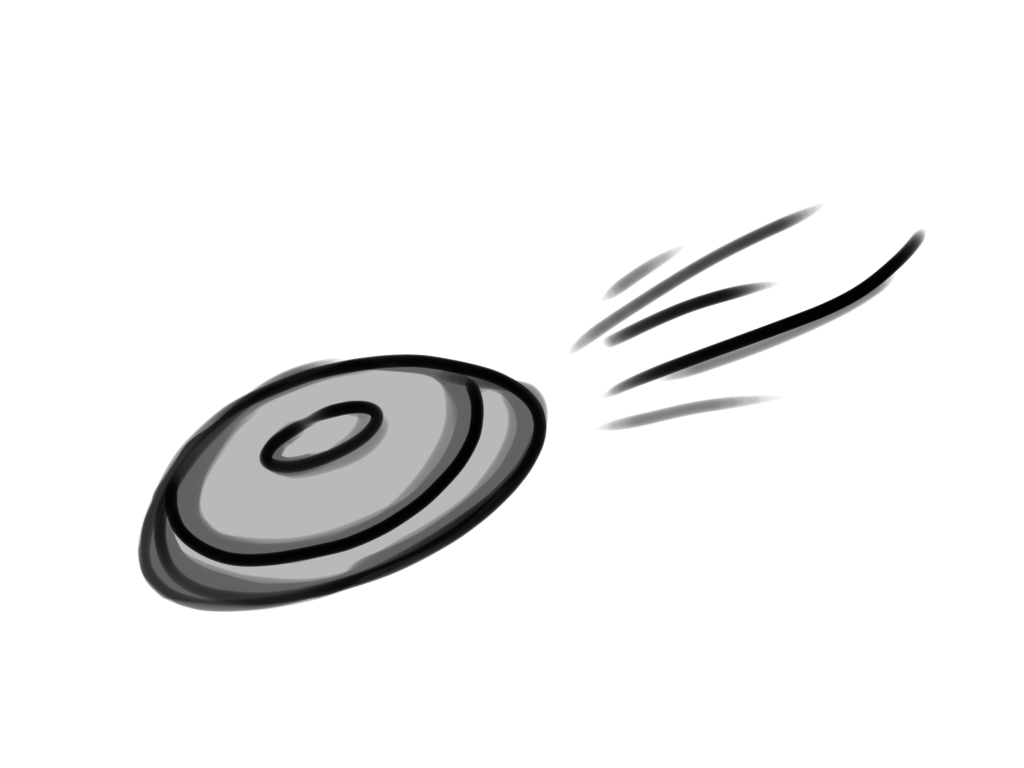The Minnesota Intercollegiate Athletic Conference has officially announced plans to move forward with the spring athletic season, with all twelve member schools opting to play.
Fall sports have also been given the go-ahead to return to competition, albeit in a more limited capacity than spring sports. Men’s and women’s soccer teams are permitted to play up to eight contests against other MIAC member schools, while volleyball can play nine contests, and football just four. As of today, the St. Olaf football team is only scheduled to play a single contest against Augsburg on an unnamed date.
After a disastrous winter season that saw numerous cancellations and postponements, MIAC basketball and hockey teams will be permitted to host exhibitions against each other, with more information to be released later regarding logistics and limitations. Because sports like basketball are considered “close contact” in regards to COVID-19 contact tracing, athletes competing in these sports at St. Olaf will be tested three times a week out of precaution.
Spring seasons are slated for a full schedule, along with some minor changes to the post-season formats. Each baseball team, with the exception of the regular-season conference champion, will compete in a three-game series at the end of the season for a spot in a six-team playoff. The first round of the playoffs will follow a single-elimination format followed by the traditional four-team double-elimination format over the final three days of playoff competition. The top two seeds will automatically advance to the four-team double-elimination format. Each team will also play four expanded regular-season series, which will feature three games instead of the standard two. St. Olaf will play St. Thomas, St. John’s, Gustavus and St. Mary’s in these matchups.
Softball teams will play in the same playoff format as baseball, without the three-game play-in series at the end of the regular season.
All MIAC schools and their opponents will be required to wear masks during play, subject to change for outdoor events later in the spring. As of now, a limited fan attendance policy is in place for all member schools, determined by individual institutions as the season progresses. St. Olaf plans on prohibiting outside spectators but will permit students to attend games, which is also subject to change.
In an email to student-athletes on March 3, Athletic Director Ryan Bowles expressed his gratitude for the MIAC’s decision to play spring sports.
“I am so very happy for you, our coaches and staff to be able to compete this spring,” Bowles wrote. “I look forward to watching you play this spring and will never take another Ole athletic event for granted ever again. Enjoy and cherish every moment.”
An email from the Campus Reopening Team on March 9 addressed the potential challenges athletes may face in a return to play.
“This ‘new normal’ scenario may likely result in cancellations or rescheduling of athletic contests in the event that anyone on a team tests positive for the virus,” they wrote. “As always, the positive individual will be isolated and all close contacts will be required to quarantine.”
Student-athletes will hold their breath in regards to avoiding positive tests this spring. Any athletes who test positive for COVID-19 will be forced to quarantine for 17 days, and anyone deemed “close contact” will be quarantined 14 days. If a team was to have a player test positive in the middle of the season, it is unclear the ramifications of an entire team missing those two weeks of play, which in the case of, say, the baseball team, could be as many as 10 conference games.
The greatest challenge of this season for St. Olaf teams in pursuit of a MIAC championship will be competing in a conference where member schools have struggled to keep their cases under control in recent months.
St. Johns experienced a month in the fall where they averaged almost 200 positive cases per week. St. Mary’s had to cancel their basketball season in mid-February after being unable to field an eligible team for the remainder of their games. If there is tension in the air as we approach conference seasons, it is not a result of St. Olaf’s ability to keep the virus under control.




